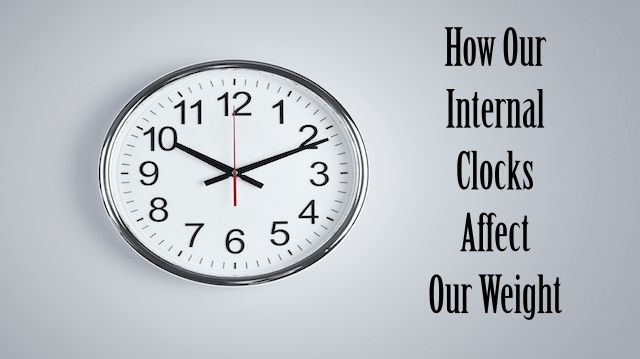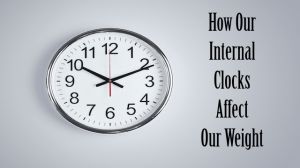
According to Fred Turek, a circadian scientist at Northwestern University, “Yes, there are clocks in all the cells of your body. It was a discovery that surprised many of us.”
Keeping time on our internal clocks
Our sleeping and eating schedules have a tremendous effect on our internal clocks. Maintaining regular schedules for both is the best way to keep our clocks in sync with each other. Doing things that mess up your regular schedule, like pulling an all-nighter, can wreak havoc on the body.
Throwing off the internal clocks can cause a variety of symptoms like surges in hunger, unstable blood sugar levels, and increases in blood pressure. Fortunately, the body can readily recover if you only do this once in a while.
However, if you continue to disrupt the normal patterns of daily living, you can easily find yourself on the path to gaining weight and developing metabolic disorders like type 2 diabetes.
As Turek explains, “What happens is that you get a total de-synchronization of the clocks within us, which may be underlying the chronic diseases we face in our society today.”
Disrupting the schedule
It can be easier than you might think to disrupt the regular schedule of your internal clocks. Something as simple as waking in the middle of the night and deciding to have a late-night snack can start a chain reaction.
 When the master body clock is telling all the others that it is nighttime — time for sleeping and not eating — then digestive systems are at rest. By grabbing a quick bite to eat in the wee hours, you override the information of the master clock. Because of the digestive process, the clocks in those organs have to reset to being functional. Now you have conflicting timetables throughout the body.
When the master body clock is telling all the others that it is nighttime — time for sleeping and not eating — then digestive systems are at rest. By grabbing a quick bite to eat in the wee hours, you override the information of the master clock. Because of the digestive process, the clocks in those organs have to reset to being functional. Now you have conflicting timetables throughout the body.
“The pancreas is listening to signals related to food intake. But that’s out of sync with what the brain is telling it to do,” said Turke. “So if we’re sending signals to those organs at the wrong time of day – such as eating at the wrong time of day – [we’re] upsetting the balance.”
It really is all about timing
Research findings are beginning to indicate that you may be more sensitive to the timing cues from internal clocks than previously thought. In a study published in the International Journal of Obesity, it was found that the timing of meals in the day had a measurable influence on the amount of weight lost by participants.
As explained by study author Frank Scheer, a Harvard neuroscientist and director of the Medical Chronobiology Program at Brigham and Women’s Hospital, “The finding that we had was that people who ate their main meal earlier in the day were much more successful at losing weight.”
The disparity was quite significant, showing a full 25 percent of participants that ate early in the day lost more weight than those who ate on later schedules.
Beyond sleeping and eating
Research is leading scientists to believe the internal clocks control multiple functions in the body at different times of the day, all with the end goal of maintaining our health. Body systems and organs seem to function in different ways throughout a 24-hour period.
“If you take a drug at one time of day, it might be much more toxic than another time of day,” says Turek. Perhaps this is related to the detoxifying functions of the liver that happen at certain periods of time throughout the day.
—The Alternative Daily
Sources:
http://www.npr.org/blogs/thesalt/2015/03/10/389596946/circadian-surprise-how-our-body-clocks-help-shape-our-waistlines
http://www.sciencedaily.com/releases/2012/08/120829195119.htm
http://www.eurasiareview.com/02092012-shine-on-effect-of-artificial-light-cycles-on-our-waistlines

